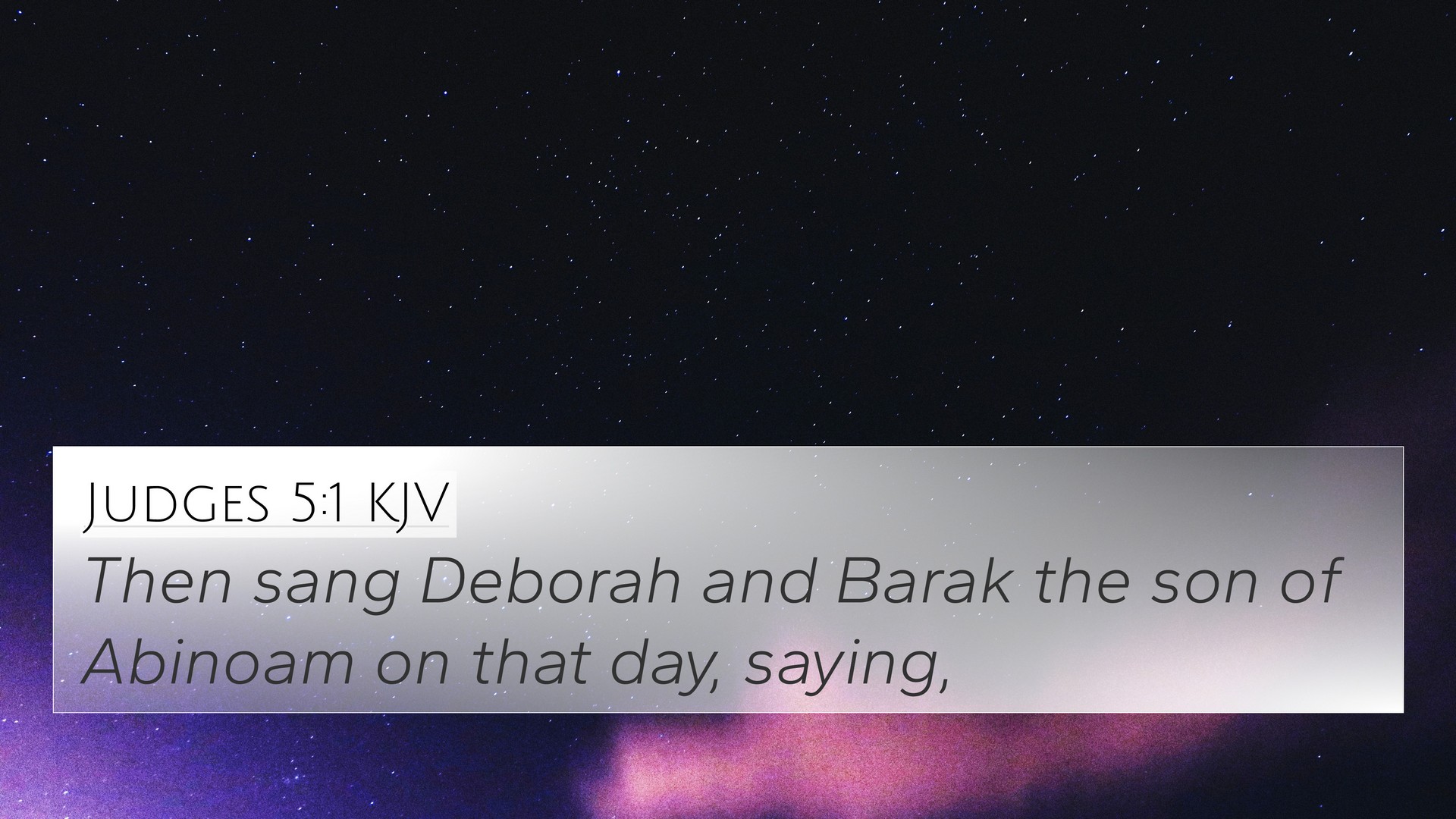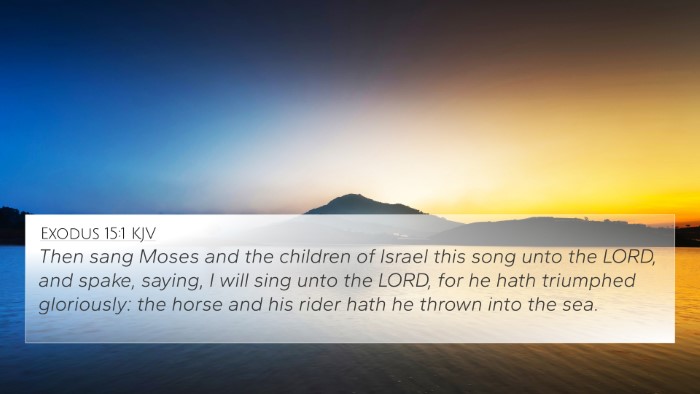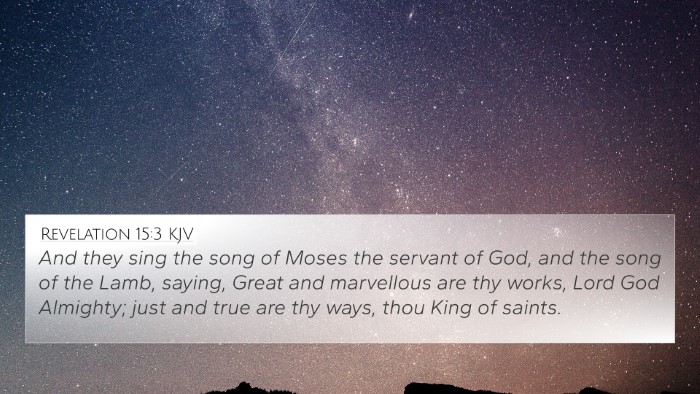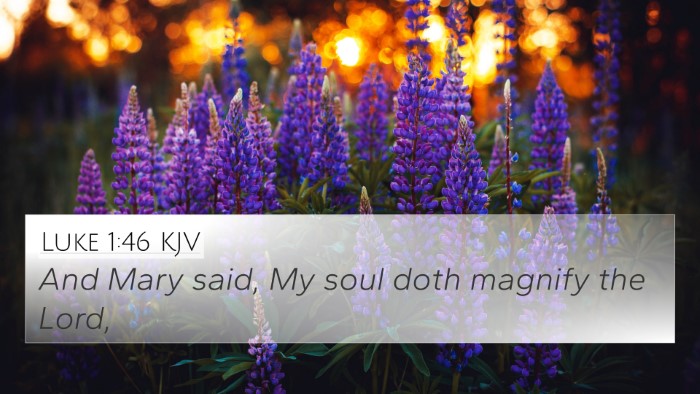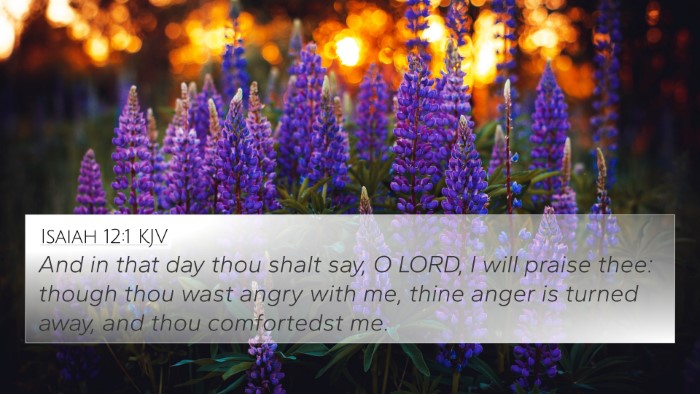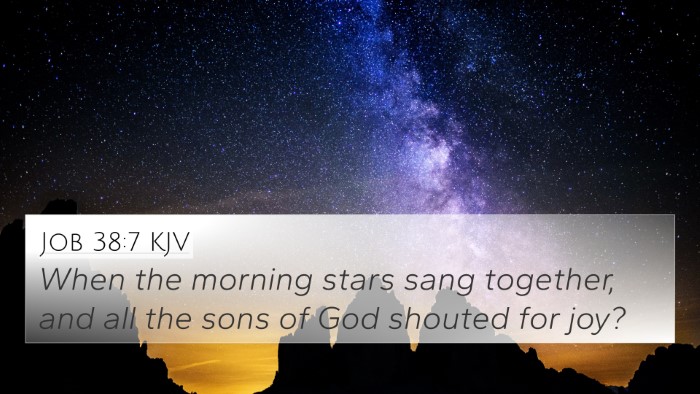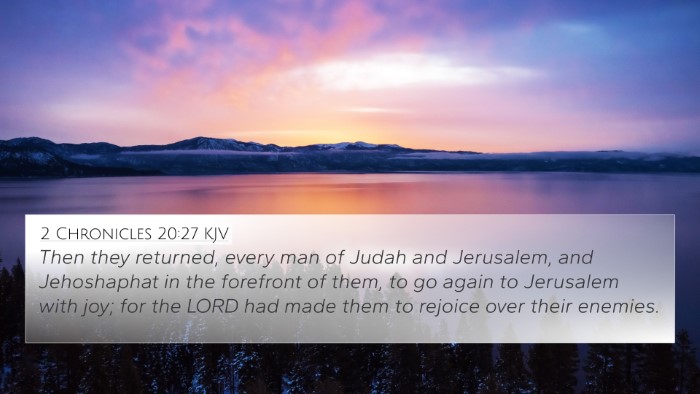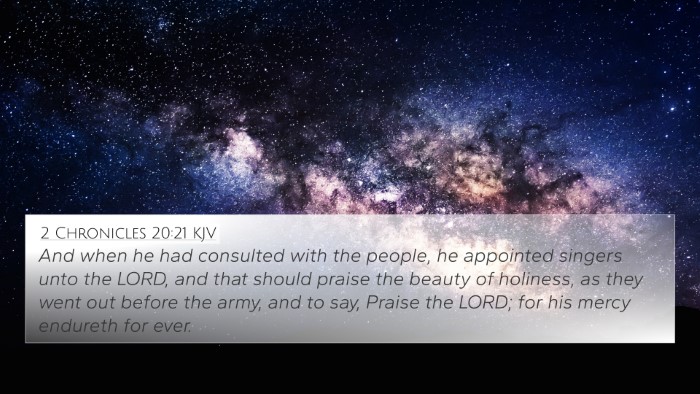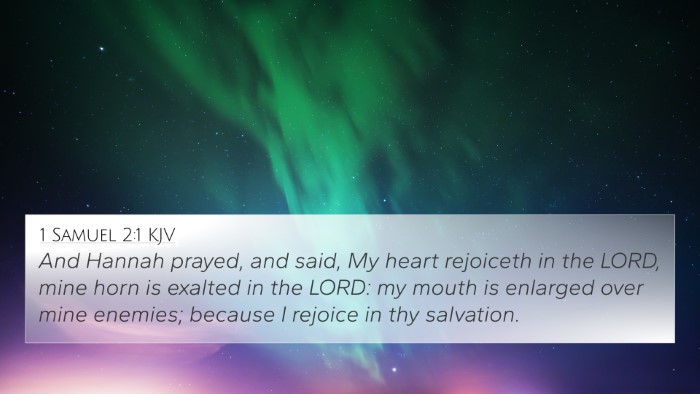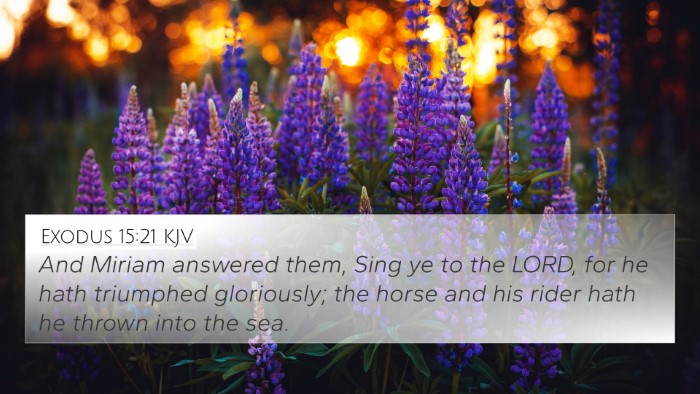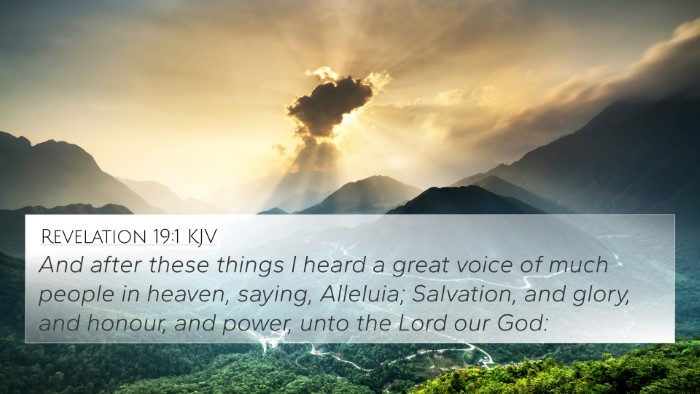Understanding Judges 5:1
Judges 5:1 states: "Then sang Deborah and Barak the son of Abinoam on that day, saying..."
This verse introduces the Song of Deborah, a poetic tribute reflecting on Israel's victory over Canaanite oppression. In this context, the verse signifies a moment of celebration and recognition of divine intervention in Israel's battles. The victory song sung by Deborah, a prophetess and judge, and Barak, the military leader, is not only a declaration of triumph but also an acknowledgment of God's sovereignty and support.
Insights from Commentaries
The significance of Judges 5:1 can be gleaned from various public domain commentaries which provide rich insights into its meaning:
-
Matthew Henry:
Henry emphasizes the importance of song as a means of celebrating God's triumphs. He notes that the song serves as a reminder of the victories won through divine assistance and highlights the roles of Deborah and Barak, symbolizing both spiritual and military leadership in Israel. The song's historicity and function as a teachable moment for future generations also stand out in his commentary.
-
Albert Barnes:
Barnes discusses the contextual setting of the verse, noting that it marks a pivotal turning point in Israel's history. His interpretation suggests that the song encapsulates the themes of deliverance and the acknowledgment of God's providence during times of strife. This moment not only celebrates a victory but also calls Israel to recognize their dependence on God for protection and deliverance.
-
Adam Clarke:
Clarke provides a detailed analysis of the structure of the song. He points out its poetic features, symbolizing the unity of the people under God's leadership. He interprets the verse as a call to remembrance, serving as an encouragement for the Israelite people to reflect on their history of deliverance and to inspire faith in God's continued faithfulness.
Key Themes and Messages
The surrounding context and themes that arise from Judges 5:1 include:
- Victory and Deliverance: The song celebrates God's miraculous intervention in battle and the victory He granted His people.
- Leadership and Unity: Deborah and Barak exemplify collaboration between spiritual and military leadership, highlighting the theme of unity among God's people.
- Remembrance and Teaching: The song serves as a historical recounting that teaches future generations about God's faithfulness and power.
- Call to Worship: The act of singing reflects a response of worship and gratitude, suggesting that remembrance of God's deeds should lead to praise.
Bible Verse Cross-References
Judges 5:1 relates to several other scriptures that deepen our understanding of its themes:
- Exodus 15:1-21: The Song of Moses celebrates deliverance from Egypt, paralleling Israel's liberation in Judges.
- Psalm 68:1: A call for God to arise and scatter His enemies, which reflects the power of divine intervention.
- 1 Samuel 2:1-10: Hannah's song also celebrates God's deliverance and sovereignty, reinforcing the thematic connections of exultation in divine acts.
- Acts 4:24: The apostles lift their voices in praise to God, similar to the communal aspect of Deborah and Barak's song.
- Isaiah 42:10: A call to sing a new song to the Lord for His wonders, aligning with the theme of worship through song.
- Revelation 15:3: The redeemed sing the song of Moses, linking deliverance and praise throughout biblical history.
- Romans 15:9: Gentiles glorifying God for His mercy echoes the sentiment of praise and gratitude for divine deliverance.
Conclusion
Judges 5:1 serves as a profound reminder of the importance of recognizing God's power in our lives. The insights from various commentaries help to elucidate the multi-faceted layers of meaning encapsulated within this singular verse.
As believers engage with the text, they are invited to reflect on themes of worship, remembrance, and the interconnectedness of God's acts throughout Scripture.
By employing tools for Bible cross-referencing, readers can uncover deeper layers of meanings through comparative Bible verse analysis and cross-referencing Biblical texts. Such study aids in understanding how the messages of Judges 5:1 resonate within the larger narrative of Scripture, encouraging more profound insights into the themes of victory, deliverance, and worship across the biblical landscape.
